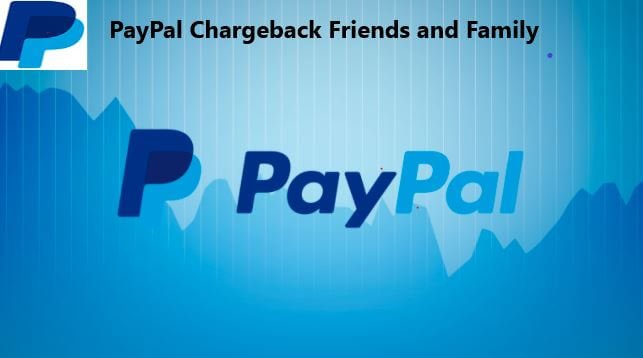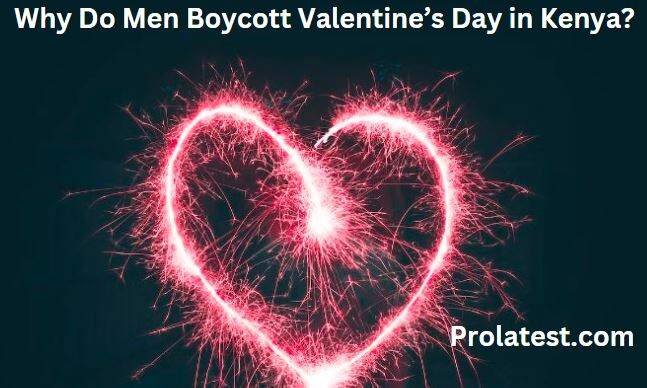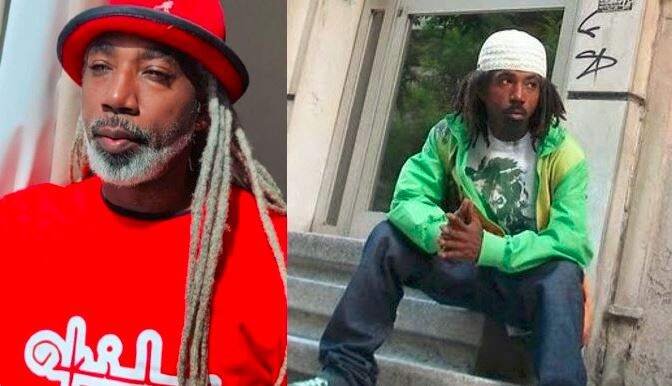PayPal has a chargeback process that allows for people to get their money back if they dispute a transaction. While this feature is generally used legitimately, it can also be abused by friends and family members. Such people might try to take advantage of the system to steal from you. This post talks about PayPal chargeback friends and family service and how to use it in your favor.
Paypal chargeback friends and family is a service that allows PayPal users to send money to their known and close contacts. PayPal friends and family service is not covered under buyer or seller protection. Therefore, getting a refund under PayPal chargeback friends and family service might be difficult.
Find out: The Secret To PayPal Chargeback Time Limit
One advantage of PayPal friends and family is that it allows users to send money to their known contacts without the need of sharing personal credit card information or bank account credentials. Thus, this service is beneficial to users who want to send money to someone without the risk of them purchasing goods with their credit cards or engaging in illegal activities (money laundering).
Qualifications for PayPal friends and family
To use PayPal chargeback friends and family, both users need to be 18 years or older. Additionally, you must have a valid PayPal account with no negative balance. If either of these conditions is not met, then sending money through this service will fail.
The Process of PayPal Friends and Family
The process starts when you get a payment request from one of your contacts via email. You then click on the “Pay” button to send the money.
Just like other PayPal transactions, friends and family payment requests can be declined. To do this, click on the “Decline Request” button at the bottom of your browser window. If you do not see this option, it means that somebody has already sent you a request for $2000 or more. You will need to log into your PayPal account to decline this request.
Find out: How to Use Paypal Credit on Amazon
How to get a PayPal friends and family refund
There are two reasons you can get a refund if the payment has already reached your contact. The reasons are:
- The contact did not receive it.
- The contact received an incorrect amount.
For both of these cases, you will have to use one of the following approaches to request a refund:
- On-site Messaging
- PayPal resolution center
- Through card issuer
How to request a PayPal friends and family refund through on-site messaging
Follow these steps to achieve this:
- Log in to your PayPal account and
- Open the messenger
- Start a chat
- Describe the problem
- Follow instructions as described.
How to request a PayPal friends and family refund through PayPal resolution center

Follow this procedure:
- Log in to PayPal
- Navigate to the Resolution Center
- Click the “Report a Problem” button
- Choose the transaction you want to be refunded
- Click on the pop-up to report a problem with the transaction
- Hit continue
- Fill in the relevant information concerning the fraudulent activity.
- Hit the “submit” button.
- Check the email ‘you opened PayPal account with for a response.
How to request a PayPal friends and family refund through your card issuer
PayPal friends and family transactions are non-refundable by default. Therefore, proving that someone hacked into your account is close to impossible. As a result, the safest thing to do is to request a PayPal chargeback through your card issuer or bank. Here are the steps to do this:
- Reach out to your bank using the number on the back of your credit card
- Describe the problem to the one who picks the call
- They will give you instructions o follow
Your bank will request crucial details to prove that the transaction was illegal. The information you provide will then be used to investigate the transaction. The investigation process will go on for several weeks. So, you will have to be patient.
How to stop a pending PayPal friends and family payment from going through
If you don’t want the person who sent you a PayPal chargeback request to send you any further payments, then simply decline all future requests that come via email or on Facebook. You should also avoid accepting them as well because once it has been accepted, it is unclear whether PayPal will let you cancel the payment.
What to do if a refund has already gone through
If your case with PayPal was in favor of the person who received the money and they have already gotten their refund, then there’s not much that can be done about this situation. You can always try to contact the person and ask them for a refund, but this may not go over well.
Expert Tip: PayPal chargeback friends and family service allows you to send money only once per transaction. This means that if your friend or relative has sent multiple requests via email (or Facebook), then you will need to decline all of them before PayPal allows you to send the money.
Why do scammers love PayPal friends and family?
Because PayPal chargeback friends and family is a service that does not have any buyer or seller protection. Therefore, scammers can easily get away with theft. The person who requests a refund from you will always be able to say that they never received the money even if this isn’t true.
Moreover, friends and family transactions are subject to lower fees than other PayPal transactions. So, scammers are more likely to use this service when they have stolen money from someone else because it allows them to complete the transaction with minimal fees without any risk of getting caught. For domestic users in the U.K and the U.S, there are no fees levied. However, for international friends and family payments, the fee is only 5% of the amount transferred.
Finally, PayPal classifies friends and family payments as low-priority transactions. It, therefore, means that it can take longer for the money to reach your friend or relative. This gives scammers enough time to withdraw their stolen funds before you get a chance to file a dispute with PayPal.
How to avoid PayPal chargeback friends and family scams?
The best way to do this is by using a normal transaction instead of the friends and family service whenever you can. When sending money through PayPal for buying items online or getting your salary, always use either “Goods and Services” or “Personal Payments.” These transactions have buyer protection that can protect you against getting scammed if your account is hacked into by a third party.
When using this service, always check with the person who sent you the money first whether they actually sent it to you. If they say that it is a mistake, then contact PayPal and tell them about the case through their website or by calling their customer service team.
Why does PayPal charge for friends and family?
PayPal’s charge for friends and family is because of the fact that it lacks buyer protection. It’s a service meant to be used only once per transaction, so if you send money more than once using this method, then PayPal will make you pay high fees on top of what your friend or relative has already paid along with an additional fee for the second transaction.
All domestic friends and family transactions are free. However, PayPal charges 2.9% of the amount transacted, plus a fixed fee of 0.30% for international payments when you use their friends and family services. These fees can add up quickly, which is why it’s important to avoid making multiple requests via email or Facebook.
Final Words
PayPal chargeback friends and family is a good option if you want to send money to your close friends and family. However, due to the lack of buyer protection when using this service, it’s a good idea to use other payment PayPal methods like buy goods and services.
Scammers love PayPal’s friends and family services because it does not have any buyer protection, is easy to complete the transaction, minimal fees without risk of getting caught.
The best way is by using normal transactions when you can and checking with the person who sent the money first whether they actually sent it to you through their website or phone customer service team. PayPal charges a fee because friends and family lack buyer protection.







